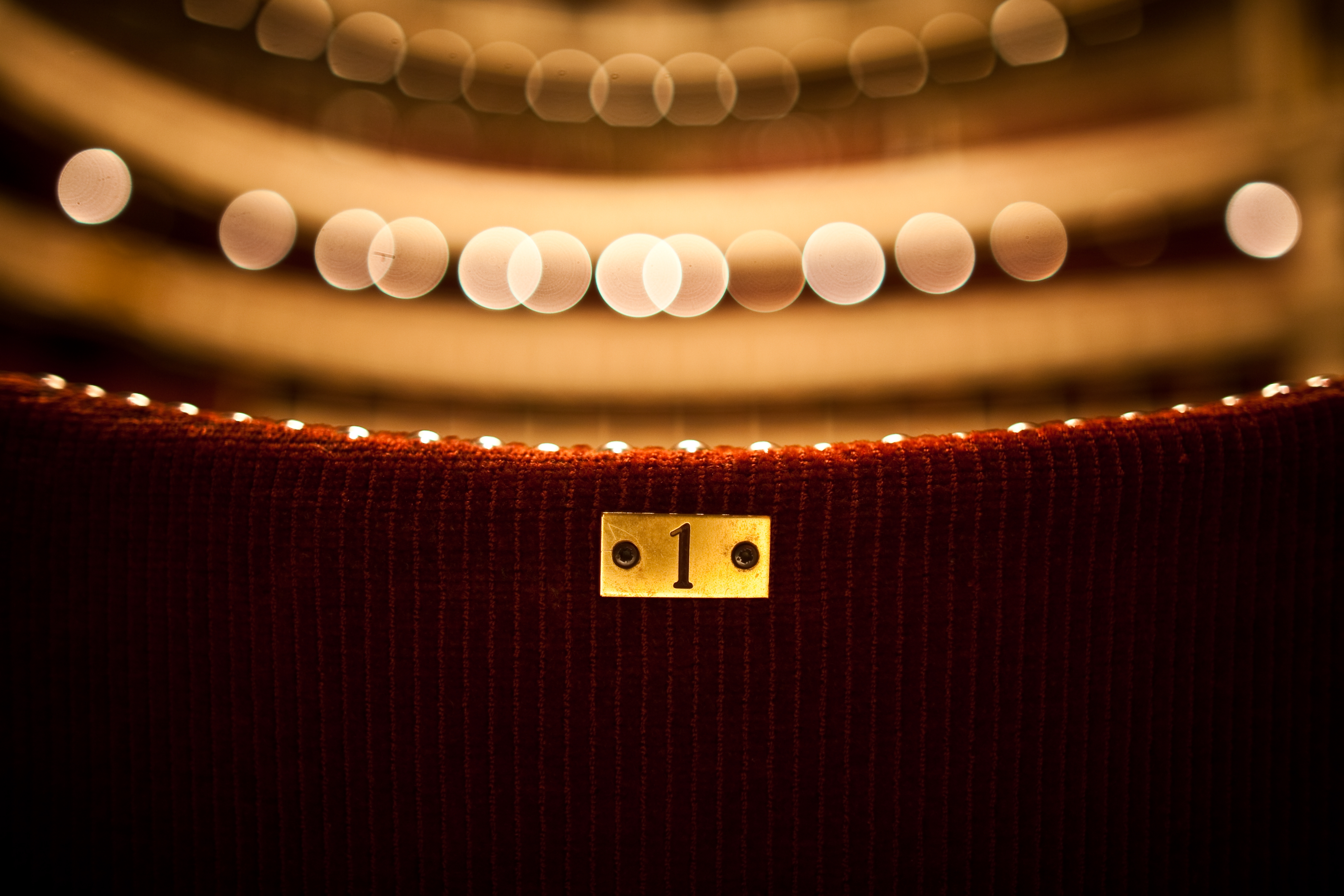
Short Summary
The dwarf Alberich, ridiculed and rejected by the three Rhinemaidens, steals the Rhinegold,
curses love and uses the gold to forge a ring that bestows great power. From then on, everyone lusts after it, but it brings death and destruction, laden with a curse.
Das Rheingold
Storyline
In the depths of the Rhine, the three Rhinemaidens guard the gold. The dwarf Alberich, Lord of the Nibelungs, watches them and tries to grab one of the girls - in vain.

As the gold shines in the morning sun, Alberich learns that the gold can only be stolen by those who renounce love forever. He could forge a ring from the gold that would give the wearer immeasurable power. Alberich then renounces love, steals the gold and forges the ring. The giants Fafner and Fasolt have built Valhalla Castle for the gods. Wotan, the supreme god, has promised them the goddess Freia as a prize for their building work.

When the giants demand the prize, they are denied it by the other gods, but Wotan knows that as the lord of contracts, he must remain true to his word. Everyone waits for Loge, the cunning god of fire, to find a way out. He finally arrives and tells them about Alberich's theft of gold and his gain in power. The giants listen attentively and agree to give up Freia if they receive Alberich's gold in exchange within a day.

But first they drag Freia away with them as a pledge. The gods immediately begin to age, as Freia is the only one who knows how to look after the golden apples that bestow eternal youth. Wotan and Loge then go to Nibelheim to take the ring from Alberich. He makes the Nibelungs work for him and gathers an immeasurable treasure of gold. Alberich wants to use the gold to gain the highest power in the world and overthrow the gods.

His brother Mime has to forge a cloaking helmet for him, with the help of which he can immediately assume any desired form. When Wotan and Loge ask Alberich for proof of the cloaking helmet's effectiveness, Alberich puts it on and transforms himself into a toad, among other things. He is immediately seized by Wotan and Loge, tied up and dragged away. In order to regain his freedom, Alberich must hand over the gold, camouflage helmet and ring to Wotan. But as he leaves, Alberich curses the ring, saying that it will bring its owner death and misfortune as well as power.

Wotan reluctantly gives the gold to the giants, but only gives the ring to the goddess Erda, who warns of the misfortune that the ring will bring. Freia is released, but the curse is already apparent: Fafner kills his brother Fasolt in a dispute over the gold. The gods enter the castle, but the Rhinemaidens lament the loss of the Rhine gold. Only Loge foresees the end of the gods despite the magnificent entry into Valhalla.
The production of the Ring tetralogy at the Vienna State Opera is by Sven-Eric Bechtolf, who has created a series of directorial works at the Haus am Ring. Wrapped in a timelessness, he tells the Ring story as a model of the world, whereby the director does not want to set any concrete contemporary political or social interpretations: "If one refrains from beautiful blue-eyedness and refrains from moving smoothly from A to B, the Ring is worldly even without a "message". Despite or through abstraction. Rich in conflict, not stringent. Completely contradictory, but effective. In my eyes, it touches on the big questions and issues of our existence in a richly associative way, without having answered anything or held out the prospect of anything."
Much of the musical dramaturgy of Das Rheingold is based on the idea of vividly depicting the transition from nature to history and the associated polar opposites between love and power, freedom and lack of freedom, childlike play and brute force. For example: Wagner juxtaposes the cheerful world of the Rhinemaidens in the first scene with a contrasting counterpart in the third scene, whose tonal characteristics - garish instrumental colors, extreme registers - already infiltrate the unclouded natural sound with the appearance of Alberich in the first scene. In the third scene, the free flow of natural sounds contrasts with the futuristic machine music of the 16 anvils of the Nibelungs. Finally, Erda's announcement of the end of the gods reverses the ascending nature motifs of the prelude into descending movements, no less symbolically. (Tobias Janz)











